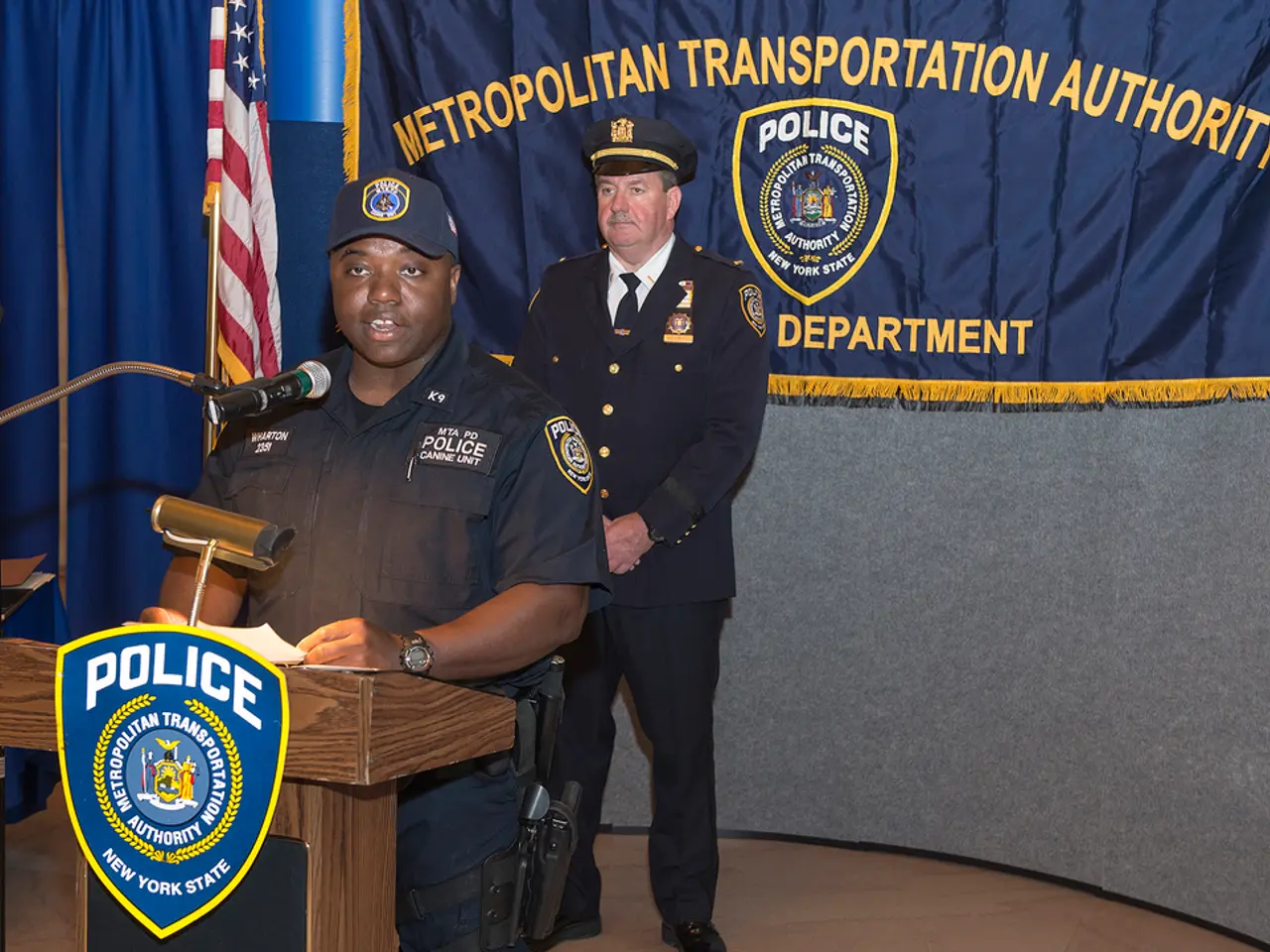Trump administration faces lawsuit from Washington
In a move that has sparked controversy, US President Donald Trump has declared a state of emergency in Washington, D.C., citing alleged rampant crime. As part of this decree, National Guard troops have been deployed, and vehicles and foot patrols have been seen near monuments such as the National Mall.
The president's decree is based on the "Home Rule Act," which allows federal control of the police in Washington in case of an emergency. However, the Act, specifically Section 740, grants the president a limited authority over the capital's law enforcement.
According to the Home Rule Act, the president has the final say and sole power to control the D.C. Metropolitan Police Department during a state of emergency in the capital for up to 30 days. After that period, control can only be extended if Congress passes a joint resolution allowing it.
Key points about this authority under the Home Rule Act are:
- The Act permits the president to assume control of the D.C. police if "special conditions of an emergency nature" exist.
- The president can exercise this control for a maximum of 30 days. To continue beyond 30 days requires congressional approval via joint resolution.
- The president must notify Congress if control is claimed beyond 48 hours, but without congressional action, it reverts after 30 days.
- Although Congress retains oversight of the District, including its budget and local laws, emergency police control can temporarily override local governance.
- The president may claim this authority for "federal purposes," which legally means protecting federal property or addressing federal concerns within D.C., rather than purely local crime issues.
However, Washington's police chief, Pamela Smith, is not legally bound to hand over her command to Cole, the chief of the US Drug Enforcement Administration (DEA), who has been appointed as the temporary police chief by Attorney General Pam Bondi. Critics accuse Trump of right-wing demagoguery and an attempt to expand his power.
In a lawsuit filed by the Attorney General of the District of Columbia, Brian Schwalb, the government is accused of acting unlawfully and abusing its powers by placing the police under federal control. Schwalb argues that the law only allows the US president to instruct Washington's mayor on how to deploy law enforcement agencies.
Meanwhile, residents of Washington are resisting the deployment of the National Guard, but this is not directly related to the lawsuit mentioned above. Police began clearing out individual tent encampments on Thursday evening and urging residents to stay in homeless shelters to avoid arrest.
As the court decides on the dispute, the events unfolding in Washington's capital district continue to spark debate and controversy.
- The Commission, in light of the ongoing controversies regarding the president's extension of authority, might be asked to submit a proposal for a directive on the protection of workers (in this case, the police chief and local law enforcement) from the risks related to exposure to political conflicts and policy-and-legislation-related stress.
- As war-and-conflicts of power between the president and local authorities escalate, general news outlets could focus on reporting the legal implications and ramifications of the Home Rule Act, especially its provisions on the president's designated control of the D.C. police during an emergency.







